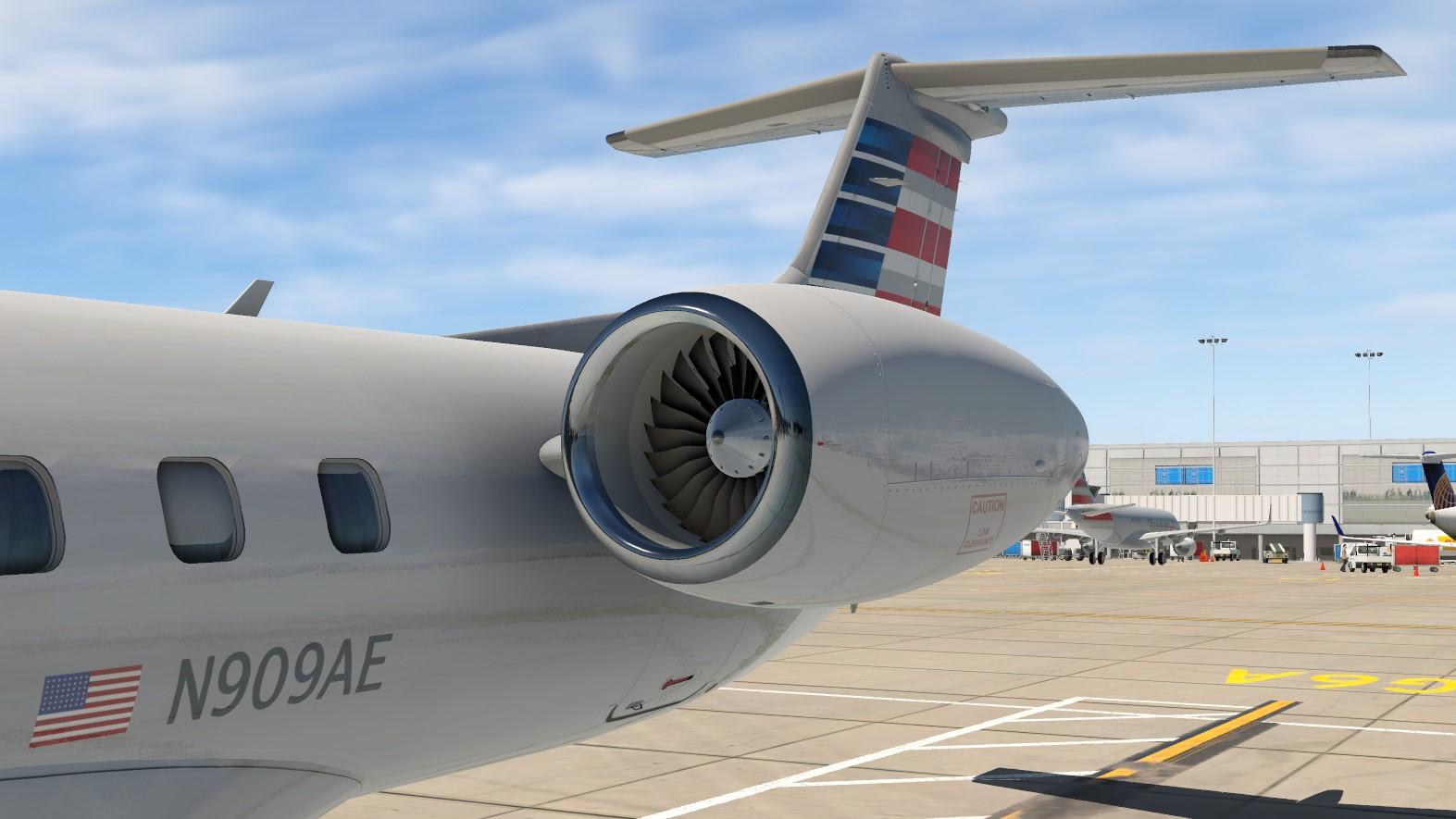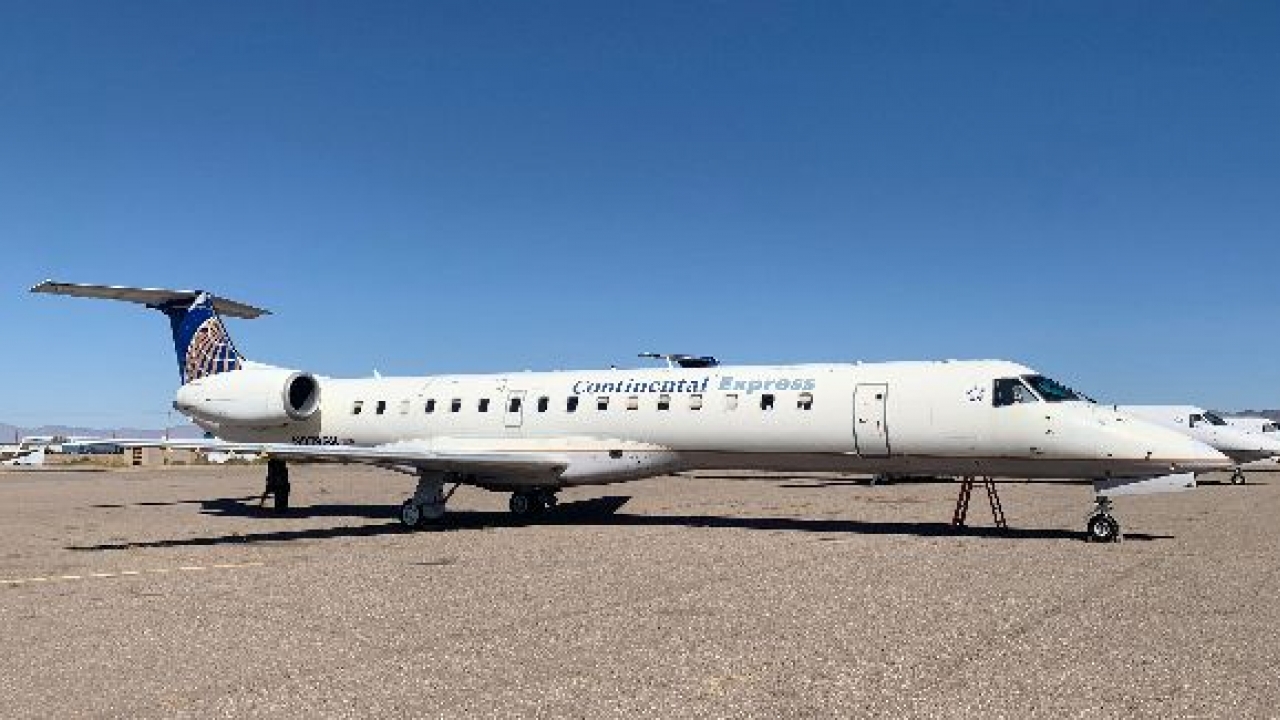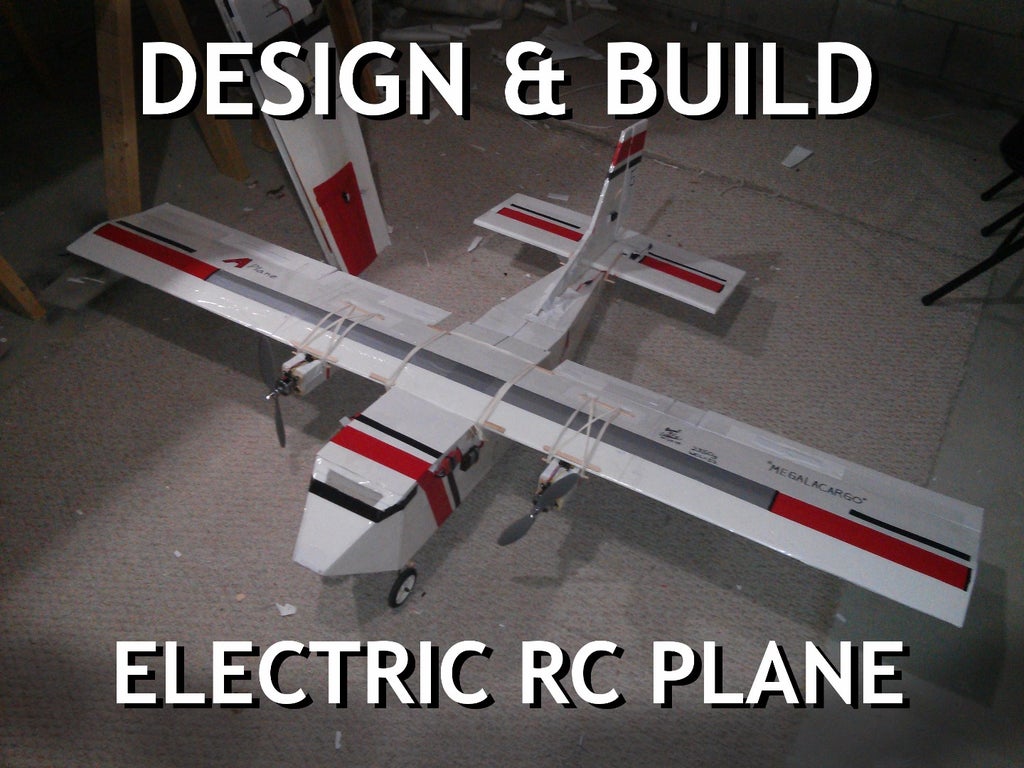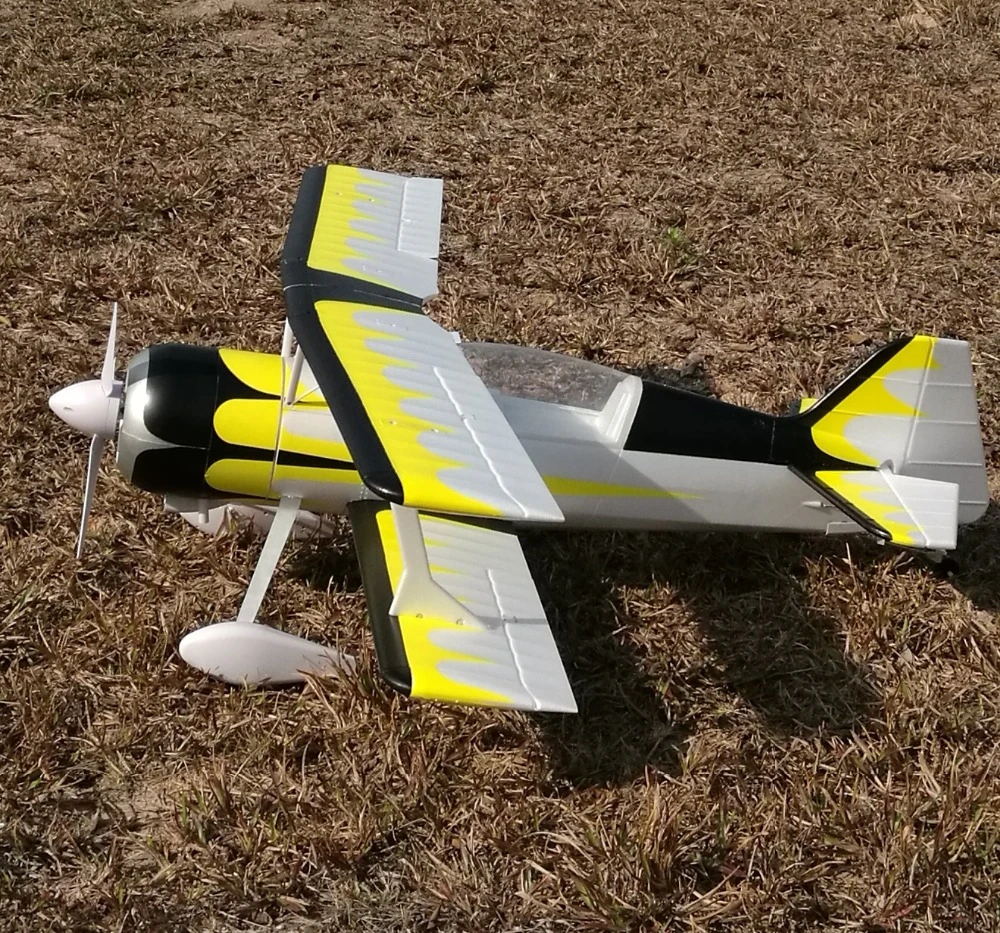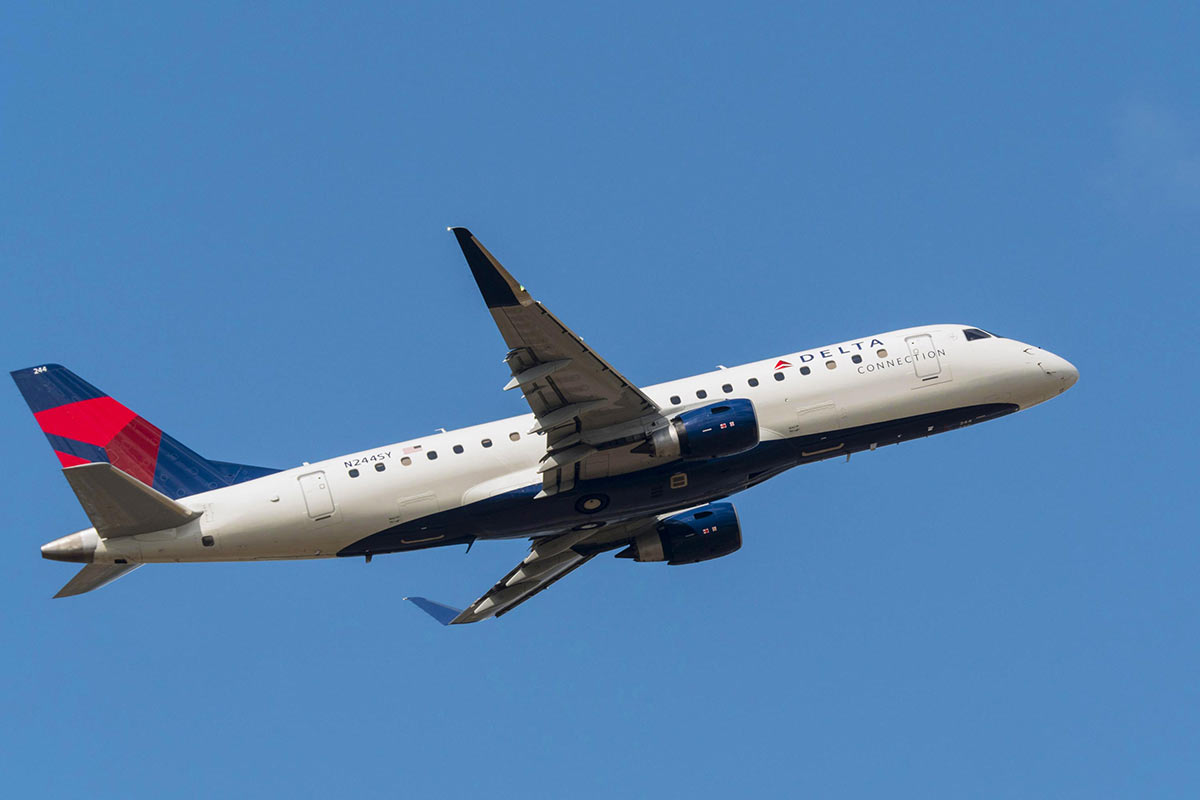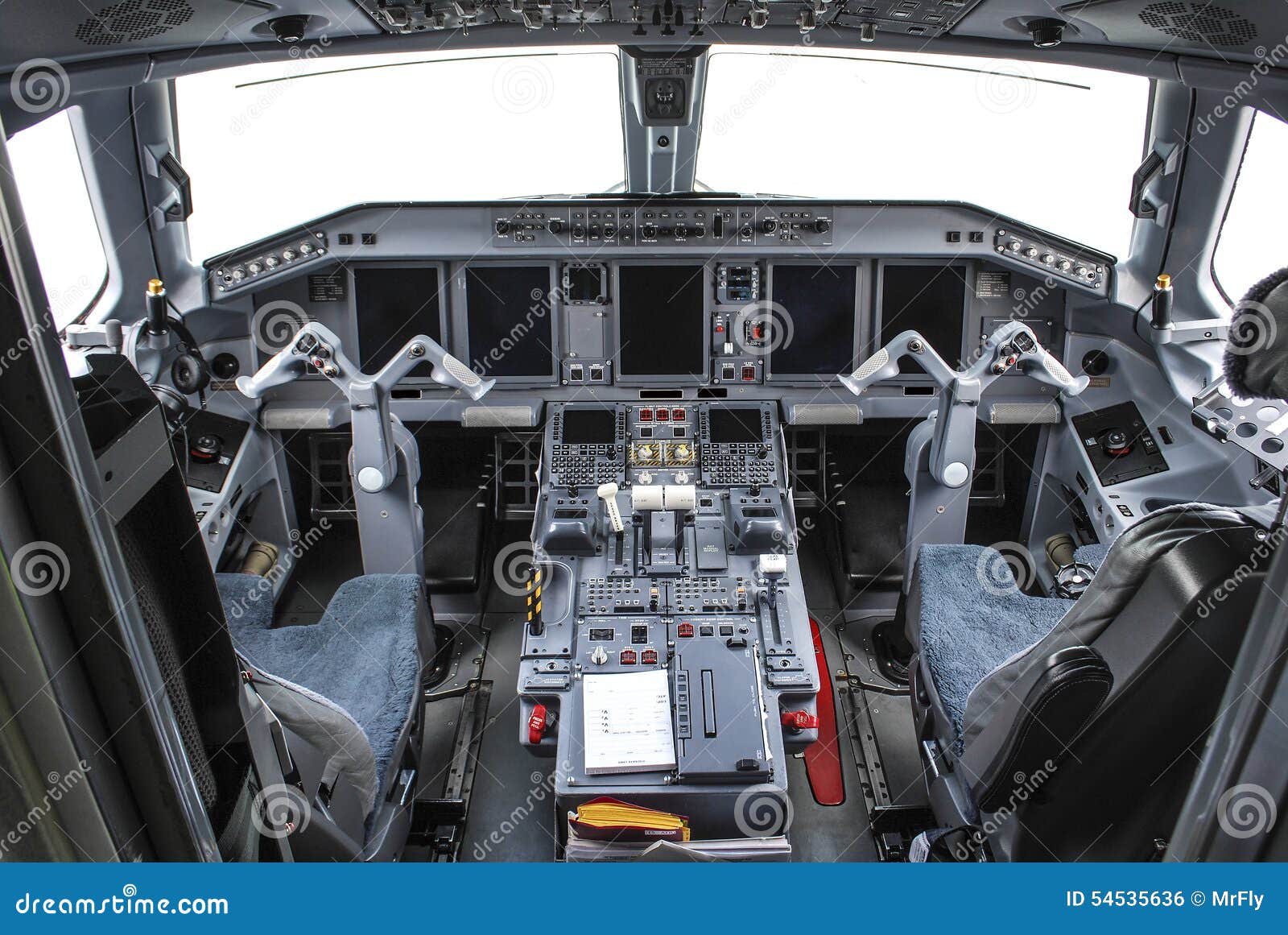E75l Aircraft - The Embraer E-Jet family of jets is a family of four small short-medium-range jets designed and manufactured by Brazilian aerospace manufacturer Embraer.
The E-Jet is designed as an addition to the previous ERJ line, Embraer's first jet-powered regional jet; Designed to carry between 66 and 124 passengers, it is larger than any previous aircraft the company has built. The existence of the project was revealed in early 1997, and was officially presented at the Paris Air Show two years later. On February 19, 2002, the first female E-Jet took flight; At the end of that year, mass production of this type began. In early March 2004, the first E170 delivery was made to LOT Polish Airlines.
E75l Aircraft
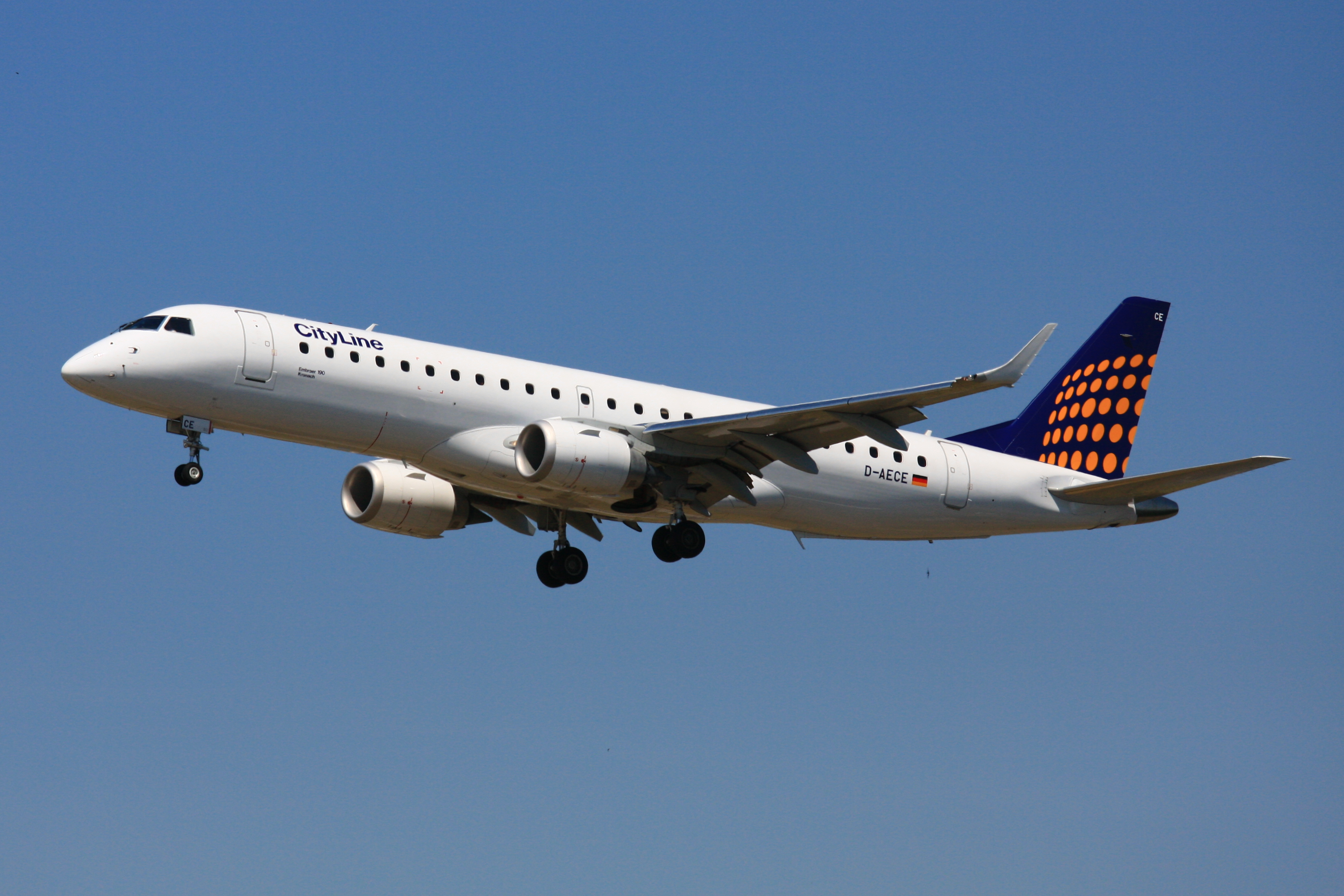
The E-Jet series has achieved commercial success primarily due to its ability to provide efficient route service with low demand while offering the same features and characteristics of larger jets. Early development issues, including hydraulic issues and gin-specific issues, have been resolved. quickly, and Embraer quickly expanded its product support to include Better global governance. The E-Jet family is commonly used by major and regional airlines around the world and has become particularly popular with regional airlines in the United States. It also serves as the basis for the Embraer Lineage 1000 business jet. In addition, in the 2010s, Embraer also developed a second regional jet, the E-Jet E2 series, which originated in the 2010s from the original E-Jet line. .
American Grounding 100 Regional Jets Due To The Pilot Shortage
During the 1990s, Brazilian aerospace manufacturer Embraer introduced the ERJ series, the first powered regional jets.
As demand for the ERJ series proved strong early on, the company decided it could no longer rely on just one line of aircraft and considered its options for producing a single regional jet. . .
In March 1997, Embraer revealed for the first time to the public that it was working on a new 70-seat aircraft, initially called the EMB 170; This disclosure was issued simultaneously with the announcement of the development of the ERJ 135.
According to the original concept, the EMB 170 has new wings and a large diameter fuselage that matches the nose and cockpit of the ERJ 145.
Foto De United E75l (n87318)
While Alia, Aerospatiale and British Aerospace through AI(R) are working on the Airjet 70 based on the ATR 42/72 fuselage with a range of 2,200 km (1,200 nmi), AI(R) and Embraer are working on the development. 70-seat aircraft since their separate project has not been launched.
Originally used two designations ERJ-170 and ERJ-190; These were later changed to Embraer 170 and Embraer 190 respectively. The first customer for this aircraft is the airline Frch Régional, which has placed an order and five options for the E170, and the airline Crossair of Switzerland, which has ordered 30 E170s and 30 E190s.
Difficulties with the special aircraft selected for the aircraft, provided by the American company Honeywell, lead to delays in the development schedule; Initially, the first flight was scheduled for the year 2000.

On February 19, 2002, the first female airplane was built, marking the beginning of experimental flight. Many years with a total of 6 pilot planes.
Embraer E175lr Loses Winglet Due To Turbulence
In May 2002, the plane was put on public display at the Regional Aviation Association meeting. In the same year, full production of the E-Jet began; This activity is carried out around the finishing plant built directly by Embraer at its São José dos Campos facility.
Following positive feedback from the aviation community, Embraer launched the E175, which extended the E170's fuselage by 1.78 meters (5.8 feet).
In April 2003, jetBlue placed an order for 100 Embraer 190s, with deliveries beginning two years later.
After several delays in the certification process, the E170 received type approval from the Air Force. each house of Brazil, Europe and the United States in February 2004.
Klm Embraer E175lr Ph Exp Editorial Image. Image Of Commercial
On September 13, 2013, the delivery of the 1,000th E-Jet, the E175 to Republic Airways for American Eagle, was held at the Embraer factory in Sao José dos Campos, marked "E" - 1,000 Special. th "jet. Jet sticker" on the cabin window.
On December 6, 2017, the 1,400th E-Jet was delivered, an E175; It had a backlog of more than 150 company orders as of September 30, 2017.
On December 18, 2018, Embraer delivered its 500th E-Jet, an E175, to Alaska Air subsidiary Horizon Air, as Embraer captured 80% of the 76-seat market share in North America. To date, the Navy has completed 25 million flight hours in 18 million cycles (average 1.4 hours) with 99.9% reliability.

In November 2011, Embraer announced that it will develop an improved version of the E-Jet called the E-Jet E2 series. The new aircraft will have improved engines that are more fuel efficient and take advantage of new technologies.
An Airline Worker Died After Being 'ingested Into The Engine' Of A Plane, Ntsb Says
In addition to the new engine, the E2 series will also have new wings, improved flight and other improvements to the aircraft. The move comes at a time of high global fuel prices and Embraer is in a better position as rivals introduce new and more fuel-efficient aircraft, including the Mitsubishi Regional Jet.
The new family of aircraft also includes a larger variant, the E195-E2, which can carry more passengers. Between 120 and 146 people. This aircraft positions Embraer ahead of competing Airbus A220s. The PW1000G has previously been selected for use in competitive aircraft.
In January 2013, Embraer selected the Pratt & Whitney PW1000G turbofan engine to power the E2 series.
The Embraer E-Jet family consists of two main lines of commercial and business jets. The smaller E170 and E175 form the basic model aircraft, while the E190 and E195 are elongated versions, powered by different engines and with larger wings, lateral stabilizers and landing gear structures. From the start, the E-Jet was designed to last.
E75l Hi Res Stock Photography And Images
E170 and E175 share 95% together, as do E190 and E195; 2 families have almost 89% in cooperation, keep the transportation system in the normal order and have assembled the space.
The E190 and E195 are similar to the early versions of the McDonnell Douglas DC-9 and Boeing 737. All members of the E-Jet family are available in basic, long-range (LR) and long-range (LR) high altitude (AR) models, the latter being intended for long-haul routes with a limited number of passengers.
The smaller member of the E-Jet family is powered by Geral Electric's Gine CF34-8E turbofan engines, each capable of generating up to 14,200 lbf (63 kN) thrust as the aircraft expands. Along with the Geral Electric engine that is more powerful than the engine. CF34-10E, capable of generating a maximum thrust of 20,000 lbf (89 kN).

These tools are designed to reduce noise and emissions, exceeding the requirements set by the International Civil Aviation Organization;
United Express Embraer Erj 175ll (erj 170 200 Ll) N86375
The relatively low sonic signature allows the E-Jet to operate from airports that have imposed strict noise restrictions, such as London City Airport.
The flight deck is equipped with the Honeywell Primus Epic Electronic Flight System (EFIS) and is designed to facilitate common classification, allowing crew members to easily move between crew members. .
Early operations of the E-Jet were often plagued with flight problems; Through September 2008, Honeywell released a software update that sought to address unsupported issues.
The main cabin is configured with four equal seats (2+2) as standard and has a "double bubble" design that Embraer has deliberately developed for its passenger jets to provide standing space.
Update: V1.0.4] Ai Worldwide: E Jets Series
The size of the cabin is significant compared to the narrow airliners from Airbus and Boeing to provide a higher level of comfort than most aircraft in the region.
Many operators have chosen to equip their aircraft with amenities such as Wi-Fi and in-seat power outlets. The window of the E-Jet series is relatively large at 185 square feet (0.119 m).
At the beginning of March 2004, the first E170 delivery was made to LOT Polish Airlines, other customers who received early deliveries were Alitalia and US Airways, a subsidiary of MidAtlantic Airways.

On March 17, 2004, LOT operated the first commercial flight of E-Jet, flying from Warsaw to Vina.
Embraer Emb 175
Customers who launched Crossair at this time ceased to exist after the takeover of Swissair, resulting in the cancellation of these orders.
In July 2005, the first E175 was delivered to Air Canada, ending rotational service with the airline that same month.
In April 2013, Air Canada began transferring 15 of its E175 fleet to its subsidiary Sky Regional Airlines, the reorganization was completed in September 2013.
As of July 2020, approximately 25 million passengers have flown on Canada's fleet for 650,000 flight hours, while a total of 25 E175 aircraft on both domestic and international flights to the United States are flown by air. Canadian Express brand.
Xaaac Instagram Posts (photos And Videos)
In March 2021, Air Canada announced its intention to consolidate all regional flights under the Jazz brand, thus defining the airline relationship between Sky Regional Airlines and Air Canada; Accordingly, all E175s were converted to Jazz.
The initial operation of the E-Jet was not without incident, with US operator JetBlue reporting alcohol problems with its fleet, while cold start hydraulic problems were experienced by Air Canada.
Embraer must rapidly expand its product support network
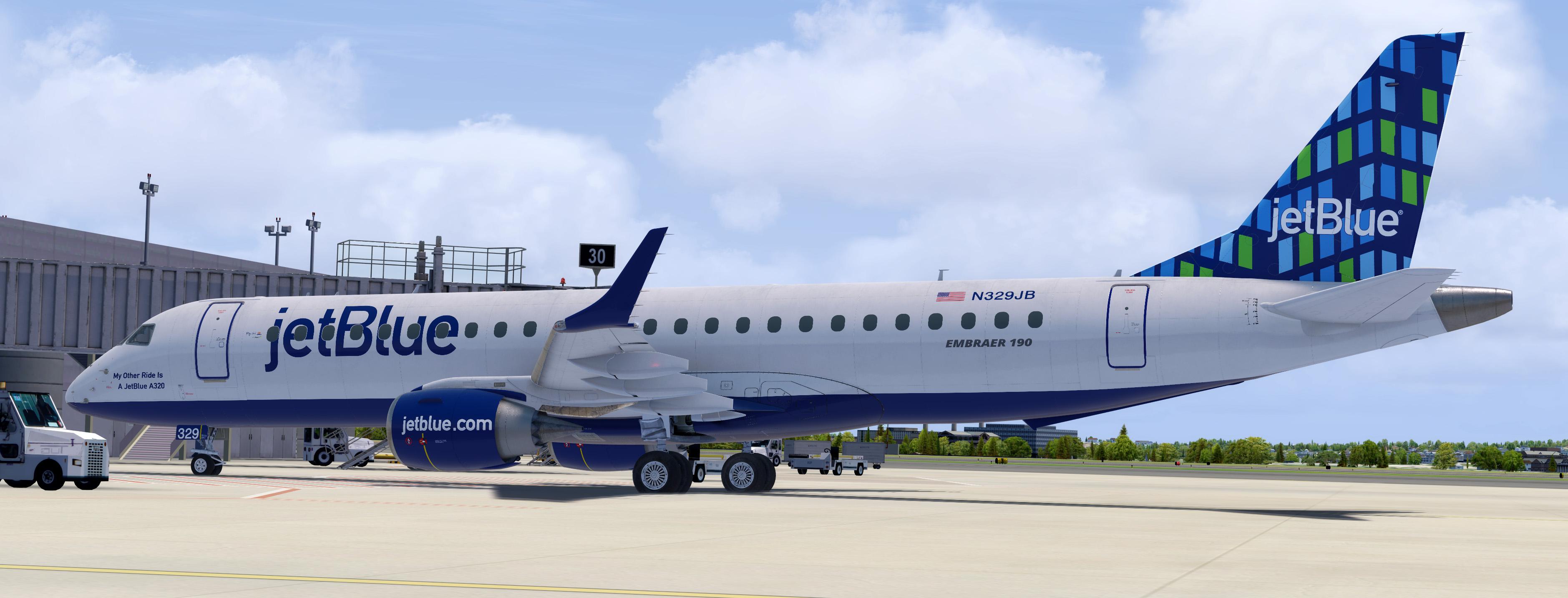
Aircraft management, aircraft cable, aircraft ownership, aircraft oil, aircraft mechanic, e75l plane, aircraft tugs, aircraft schools, aircraft insurance, aircraft maintenance, aircraft supplies, e75l embraer




